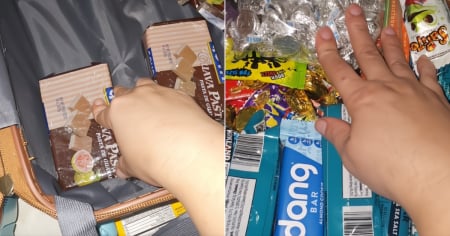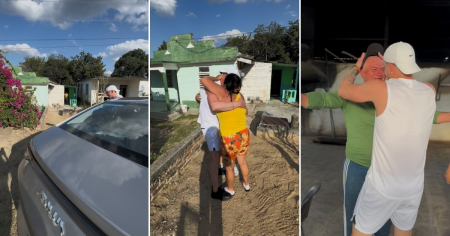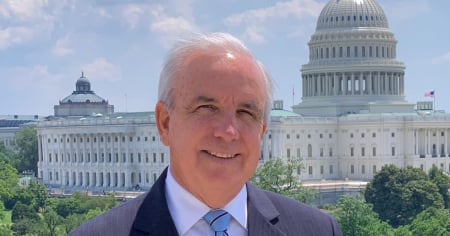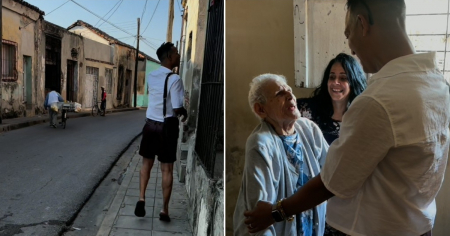"My beloved little town, Placetas, it hurts to see you so sad; your streets, the places, the people, are no longer the same," expressed a Cuban after returning to her homeland in Cuba.
The young woman, identified on TikTok as @arlipv, posted an emotional video showing images of her return to the municipality of Placetas, in the province of Villa Clara, after spending some time abroad. The clip reflects the visible deterioration in the streets, buildings, and public spaces of the town.
The video, which has garnered significant attention on social media, features scenes of nearly deserted streets, cracked facades, and a melancholic atmosphere that contrasts with the memories the young woman had of her childhood and adolescence in that town.
"It's not the same anymore," can be read in the video as it captures, in camera, the corners of a place that once overflowed with life. Its publication has generated dozens of comments from other Cubans, both on the island and abroad, who identify with the sadness of witnessing the passage of time and the neglect in their hometowns.
Placetas, like many municipalities in the interior of Cuba, has suffered the consequences of the economic crisis, mass migration, and the lack of maintenance of its infrastructure. The images shared by the user depict a reality common to those returning after years of absence: the Cuba they left is no longer the same.
"It hurts me to see my people like this," commented another user. "Returning and not recognizing what was once your home is a pain that only those who have had to leave can understand," added another internet user.
Frequently Asked Questions about Returning to Cuba and Current Conditions on the Island
How has the economic crisis affected municipalities in Cuba like Placetas?
The economic crisis in Cuba has had a significant impact on many municipalities, including Placetas. The streets and buildings exhibit evident deterioration due to a lack of maintenance and investment in infrastructure. This neglect is a result of the prolonged economic crisis, massive migration, and the absence of resources for repairs and improvements.
Why have returns to Cuba become so emotional and significant?
Returns to Cuba are particularly emotional due to the prolonged separation that many families face because of the country's political and economic situation. These reunions not only reflect the importance of family ties in Cuban culture, but also the pain and challenges of being away from loved ones for years.
How is the current situation in Cuba reflected on social media?
Social media, especially platforms like TikTok, have been crucial in highlighting the current reality of Cuba. Users share videos that showcase the deterioration of infrastructure and living conditions, generating empathy and connection among Cubans both on and off the island. These posts also expose the economic and social difficulties faced by citizens, providing a glimpse to the world about the situation in Cuba.
What challenges do Cubans face when trying to reunite with their families on the island?
Cubans face several challenges when trying to reunite with their families, including migration restrictions, economic difficulties, and complex bureaucratic processes to obtain travel permits. These barriers make reunions infrequent and highly anticipated, imbued with a deep emotional weight.
Filed under:





